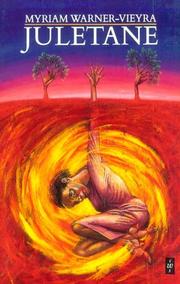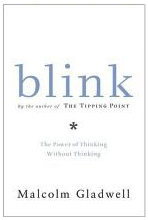.JPG) Such a fascinating and engaging book. Maolem's curiosity and excitement about connections between evolution and disease are winning. I also can't resist a Beatles reference on the very first page - "magical medical mystery tour."
Such a fascinating and engaging book. Maolem's curiosity and excitement about connections between evolution and disease are winning. I also can't resist a Beatles reference on the very first page - "magical medical mystery tour."Maolem's tour took me away through the relationships between chronic, inherited disease and human development. It made me remember why I wanted to be a biologist when I was a kid. Science is awesome! Exploding-things-science is cool, but I love biology and genetics. What is the purpose of hereditary disease? How has our species responded to change in the environment? Why are waterbirths actually a good idea?
The introduction explains how Maolem began his scientific journey. When he was a teenager, he tried to explore the connection between his grandfather's common, but uncommonly recognized, blood disease and Alzheimer's diagnosis. As one of the many people with a family member who suffered with Alzheimer's, I sympathized and was encouraged by Maolem's passionate search for answers.
My favorite things about science are searching for answers and making connections. Theories come and go, and people with common sense are often rejected by the scientific community for going against the grain, but it's all about trying to find and explanation and make life a little better for everyone.






